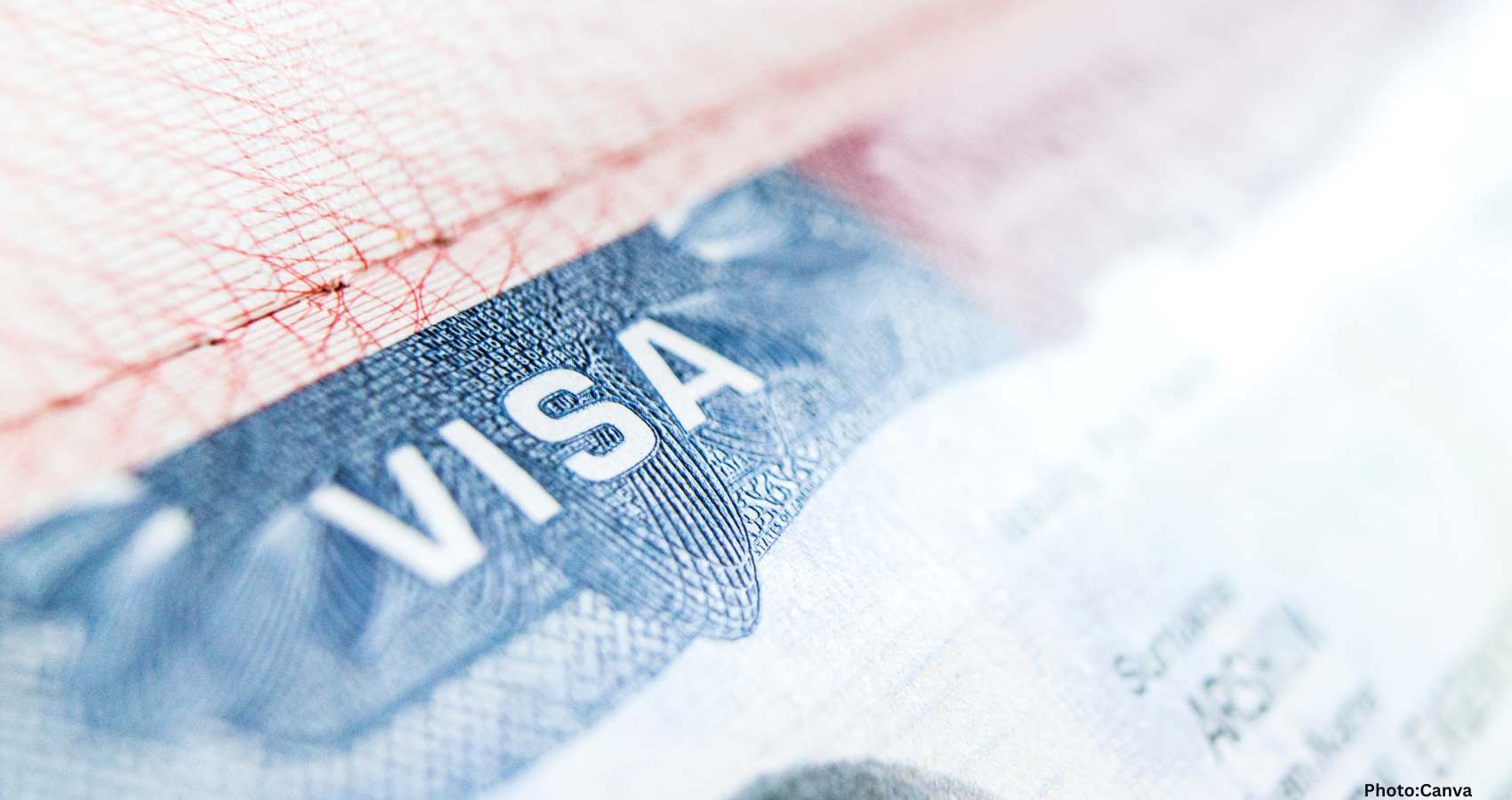Foreigners applying for U.S. visas may face rejection due to certain medical conditions, including diabetes and obesity, under new guidance from the Trump administration.
Foreign nationals seeking visas to reside in the United States may be denied entry if they have specific medical conditions, such as diabetes or obesity, according to a directive issued by the Trump administration. This guidance, released in a cable sent to embassy and consular officials, has raised concerns among immigration advocates and health experts.
The directive instructs visa officers to consider a broader range of health-related factors when evaluating applicants. This includes assessing the likelihood that an applicant might become a “public charge,” meaning they could potentially rely on government resources due to their health issues or age. The new criteria represent a significant expansion of the health considerations that have traditionally been part of the visa application process.
Historically, visa applicants have undergone health screenings for communicable diseases, such as tuberculosis, and have been required to provide vaccination histories. However, experts argue that the latest guidelines give visa officers increased discretion to deny applications based on a wider array of medical conditions. This change is seen as part of the Trump administration’s broader efforts to limit immigration and enforce stricter policies regarding those living in the U.S. without authorization.
The cable emphasizes that visa officers must consider an applicant’s health status, stating, “You must consider an applicant’s health.” It lists several medical conditions, including cardiovascular diseases, respiratory diseases, cancers, diabetes, metabolic diseases, neurological diseases, and mental health conditions, as factors that could lead to significant healthcare costs.
With approximately 10% of the global population affected by diabetes and cardiovascular diseases being the leading cause of death worldwide, the implications of this guidance could be far-reaching. The directive also highlights obesity as a condition that can lead to other health issues, such as asthma and high blood pressure, further complicating the assessment of potential immigrants.
The cable encourages visa officers to evaluate whether applicants have the financial means to cover their medical expenses without relying on U.S. government assistance. It raises questions about whether applicants can afford long-term care throughout their expected lifespans without seeking public cash assistance or institutionalization at government expense.
This new directive appears to conflict with the Foreign Affairs Manual, which outlines that visa officers should not reject applications based on hypothetical scenarios. Charles Wheeler, a senior attorney for the Catholic Legal Immigration Network, expressed concern over the potential for bias in these assessments, noting that visa officers are not medically trained and should not be making predictions about future medical emergencies or costs.
The guidance also requires visa officers to consider the health of an applicant’s family members, including children or elderly parents. Questions posed in the cable include whether dependents have disabilities or chronic conditions that could hinder the applicant’s ability to maintain employment.
Currently, immigrants must undergo a medical examination by a physician approved by a U.S. embassy. This includes screenings for communicable diseases and inquiries about drug or alcohol use, mental health conditions, and violence history. Additionally, applicants must provide proof of vaccinations against infectious diseases such as measles, polio, and hepatitis B.
However, the new guidance expands the criteria for evaluation, prompting immigration lawyers like Sophia Genovese from Georgetown University to express concern. She noted that the directive encourages visa officers and examining physicians to speculate on the potential costs of an applicant’s medical care and their ability to secure employment based on their medical history. This could lead to significant challenges for applicants during their consular interviews.
The implications of these changes could affect countless individuals seeking to immigrate to the U.S., particularly those with pre-existing health conditions. As the Trump administration continues to implement stricter immigration policies, the impact on public health and the lives of potential immigrants remains to be seen.
According to KFF Health News, the new guidelines represent a significant shift in how health considerations are integrated into the visa application process, raising concerns about equity and access for those with medical conditions.
Source: Original article

